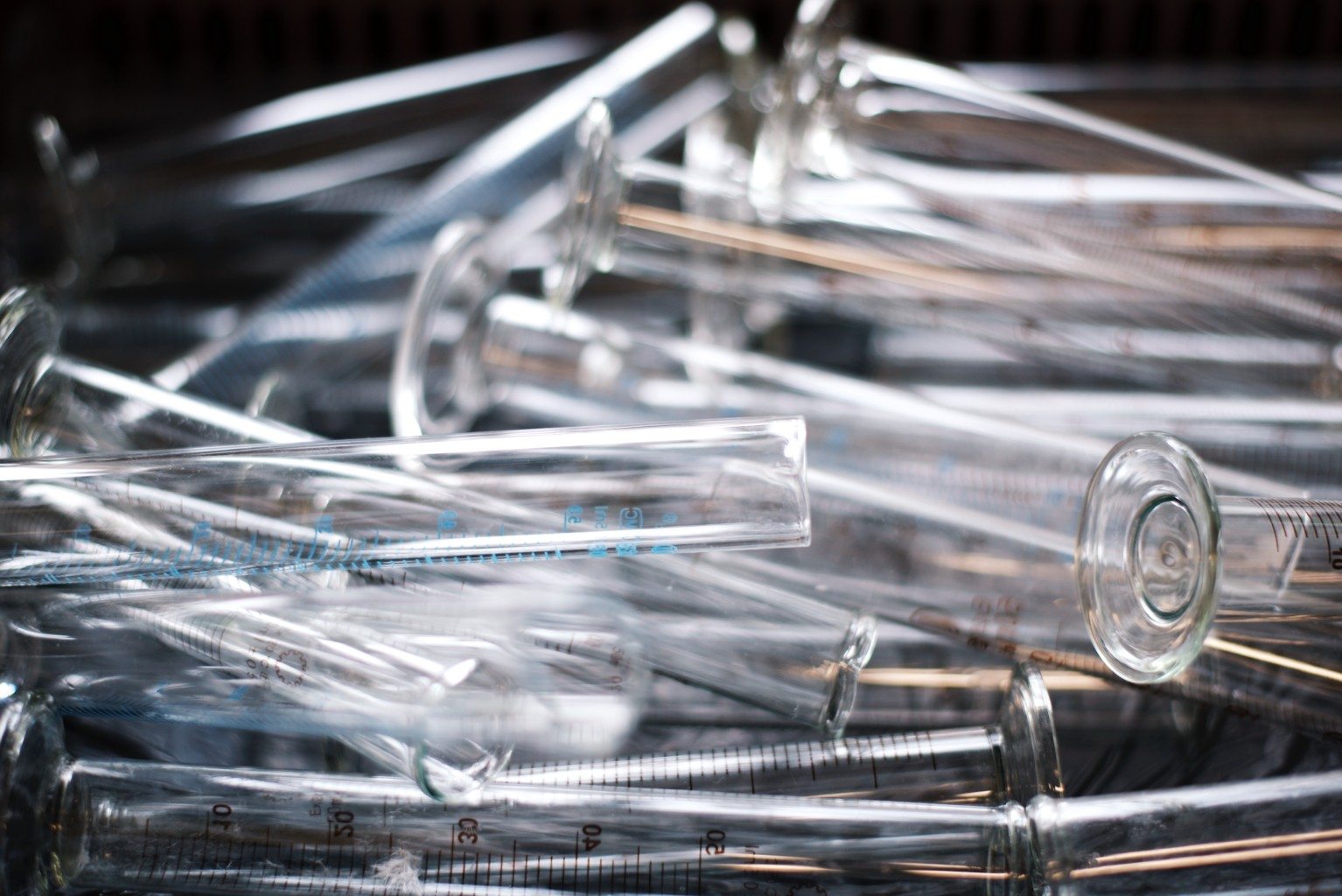A revolution in drug testing
A University of Warwick graduate has invented a device which can revolutionise testing of transdermal drugs, allowing faster, more efficient, and accurate results.
Dr Gabi Nurumbetov, originally from Shymkent, Kazakhstan, graduated from the Kazakh-British Technical University in 2009, and began a PhD in Polymer Chemistry at the University of Warwick eight years ago. Working alongside Professor Stefan Bon and Professor David Haddleton in the University of Warwick’s Department of Chemistry, after the completion of his PhD Dr Nurumbetov was employed to work as a researcher in Professor Haddleton’s group – working on improving polymerisation performance for industrial partners.
“Being a member of the Bon Lab for three years and the Haddleton Group as a postdoctoral researcher for two and a half years, I had a chance to broaden my knowledge and learn how to apply it to real-life applications.” Dr Nurumbetov explains.
The TEPI Patch® reduces drug wastage, with only around 30% of the drug left in the patch after use…
Dr Nurumbetov and Professor Haddleton shared a common interest in using novel polymers for developing adhesive technologies for application in medical patches, which led to Professor Haddleton founding Medherant Ltd., with Dr Nurumbetov as a founding scientist. Together, they developed the TEPI Patch®, which outperforms other drug delivery patches currently on the market by having a much greater efficacy. The TEPI Patch® reduces drug wastage, with only around 30% of the drug left in the patch after use. The low amount pf residual drug makes disposal of these patches much more environmentally friendly, as well as removing the opportunity for drug abuse.
“The transition from the academic environment to Medherant was challenging, but it has been a very exciting experience… As a member of a spin-out company, you always need to consider some aspects of everyday routine which you have never thought of as a researcher in academic laboratories.”
The new diffusion cell, patented by Medherant, can test up to 108 formulations in the same period of time…
Now a Principal Scientist at Medherant, Dr Nurumbetov has developed an instrument which allows the testing of the release of a drug from a transdermal patch. The device is referred to as a diffusion cell, and is an improved, miniaturised, and multiplexed version of a Franz cell – a device commonly used to test transdermal drugs. While the Franz cell can test approximately 12 formulations of a drug in a day, the new diffusion cell, patented by Medherant, can test up to 108 formulations in the same period of time. The device is made of a chemically resistant engineering plastic, similar to that used in Formula 1 cars. The diffusion cell did not only allow the testing to be carried out in a fraction of the time it takes using the standard equipment used in the pharmaceutical industry, but also provided more accurate and efficient testing of product formulation.
“After a couple experiments with traditional Franz cell, we spotted an opportunity to invent a device that allowed us to increase the speed of our product testing by up to ten times – simultaneously reducing the cost of our operations.”
Medherant has also announced the signing of an agreement with one of the world’s largest patch developers and manufacturers in Japan…
Dr Nurumbetov’s device has enabled Medherant to test over 50 drugs for compatibility in their TEPI Patch® adhesive polymers over a 24-month period. Without his innovation, this would not have been achievable with a small team. The company has also recently finished performing a feasibility study for a large European pharmaceutical company using the diffusion cell.
Medherant has also announced the signing of an agreement with one of the world’s largest patch developers and manufacturers in Japan, who will evaluate the potential of its TEPI Patch® technology to deliver one of their drugs which they had previously not been able to formulate as a drug-in-adhesive patch. Medherant is using its innovative technology to develop a variety of products to treat pain, including ibuprofen and lidocaine. The company plans to license the products for launch onto the global marketplace (following successful clinical trials and regulatory approval) in the next two to three years.

Comments